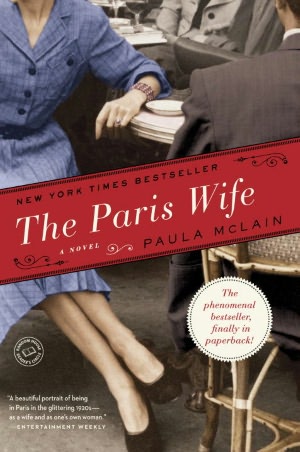Dear Clara, So many people think that once December 25th passes, that the Christmas holiday has come and gone. But remember that Christmas is not just a holiday, but a season. It’s both a time for us to celebrate spiritually but it’s also a time to celebrate on a very human scale, when our families and friends take first place, and our work and worldly obligations move to second.
- Prepare yourself for the holiday season: There is a reason why in many calendars there is an Advent season, in the sense of a time of preparation. From the outside world, you’ll be tempted to leap right into things, but trust me, it becomes overwhelming. Pace yourself, make lists, consider what you can get done, and carve of pockets of time for yourself so that you don’t lose the spirit of the season while barreling forward towards the holidays and the end of the year. It’s an investment worth making.
- Write on your holiday cards: There are a panoply of technology options that make sending cards easier. And they’re wonderful, and many have their place. Take advantage of the things that make sense---addressing envelopes, for example. But keep in mind that while technology can replace process, it can’t replace you. It’s better for your cards to come a little later, and have your own personal writing on them that shows people that you took the time for them. It’s only once a year.
- Make every effort to be at home: Remember, this is the time of year when those closest to us come first. It won’t always be possible---sometimes practical things like money and geography get in our way. But if you can make it happen, be in your home any way that you can for the holidays. Eventually you’ll have your own home, and your own family, and you’ll have to figure out what works best for all of you. But deep down, you’ll always know where exactly you should be.
- Set an extra place at the table: It’s our Polish tradition to say that there will always be room for one more, especially on the holidays, and many visitors feel that you could knock on nearly any door on Christmas Eve in Poland and have a meal waiting for you. It’s pretty much true. If you have an extra place (or two) at your table, an extra guest is a welcome addition and not anything else. You never know when you just might need to reach out to someone else and welcome them to your table.
- Be on the lookout those sad and the struggling: We should always be on the lookout, I know, but pay extra attention during the holidays. Different people struggle with different things around this time of year and they’re not always willing to talk about it openly. Maybe they lost a loved one, maybe they had a falling out in their own family, maybe they are too far away from home, maybe they’re struggling to keep up with all the financial demands of the holidays . . . Watch for people, even those close to you, that might need a bit of additional love and care during this time of year.
- Make room for your soul: I guess this relates a bit to the very first part, but again, it’s easy to get caught up in all of the activities and trappings that come along with the holidays, even if we do them because of our good intentions. But regardless of what you believe in, just remember that the winter holidays carry a sense of spirit with them; don’t let that spirit pass you by. Prepare a little room in your heart.
Wishing you all my love this Christmas and holiday season,
Mom

























